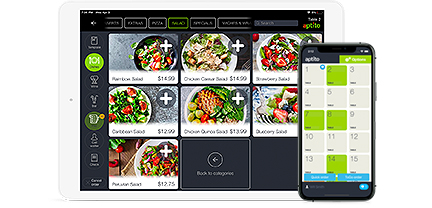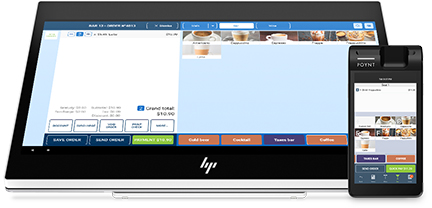POS Interchange Fees – Who Pays?2 min read
Practically every time you use your debit card for your purchase that is being transacted by POS technology, the banks charge POS fees. It’s not a commonly known fact, however it is important to understand that such charges typically apply during transactions where you are required to enter a PIN number, or when you choose the “debit” option on the payment machine where you are shopping. No such fees are added for purchases for which you sign your name, or when you choose the “credit” option on the payment machine. Now, not every bank charges POS fees, however you should check with your bank to find out if they do or don’t. If your bank does charge POS fees, consider signing for purchases instead of using your PIN. Somebody must pay a fee for these transactions, and even though you may not see it, it is most likely you who pays.
Online vs Offline Sales Transactions
Also affected by your choice between “debit” and “credit” are matters like the time it will take to process payment and your rights as a consumer. Payments where you enter your PIN are referred to as online transactions, and those for which you sign (or process as credit) are considered to be offline transactions. When you perform an offline transaction (by choosing credit or signing,) the retailer must pay a percentage of your total purchase, somewhere around 2%. This is paid to the bank that issued your debit or credit card, and it is an interchange fee. In contrast, online sales transactions are much less expensive for retailers, with their associated fees being only around 10 cents per transaction. While banks are thrilled when you choose credit, your choice hurts the merchant more, although there are some states in which merchants are allowed to pass along credit surcharges back to customers.
Banks Want You to Choose Credit
While it is not always obvious or even evident, banks give cardholders an incentive to use credit. These incentives are in different forms, such as airline miles or cash back options for every instance in which you pay by credit. On the flip side, they apply a penalty when you choose debit. This may be in the form of a fee charged for online transactions that might be in the range of a couple of dollars. It’s important to find out if your bank is charging you these fees and exactly what they are. chances are, you will subsequently want to always select “credit” for your purchases. Someone has to pay that 2% fee, and while it’s not always passed on directly to consumers, it often is added back into the price of the products and services you are buying.



